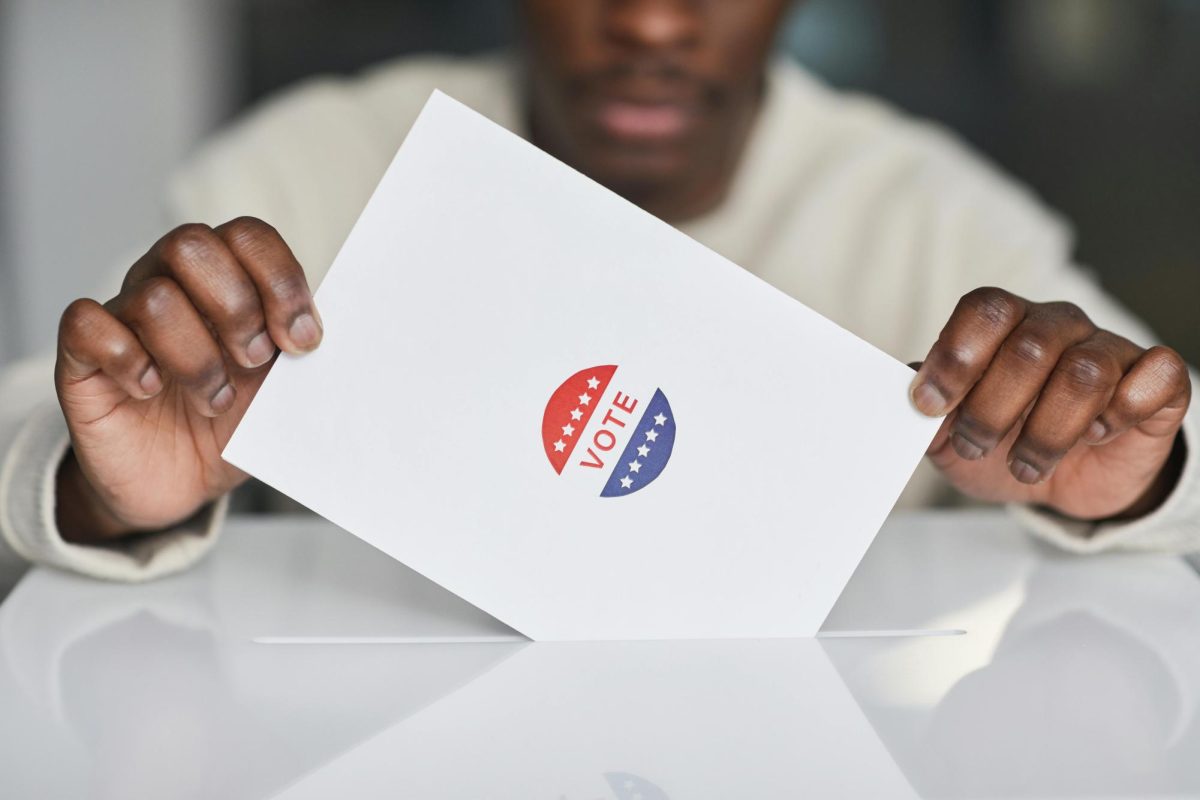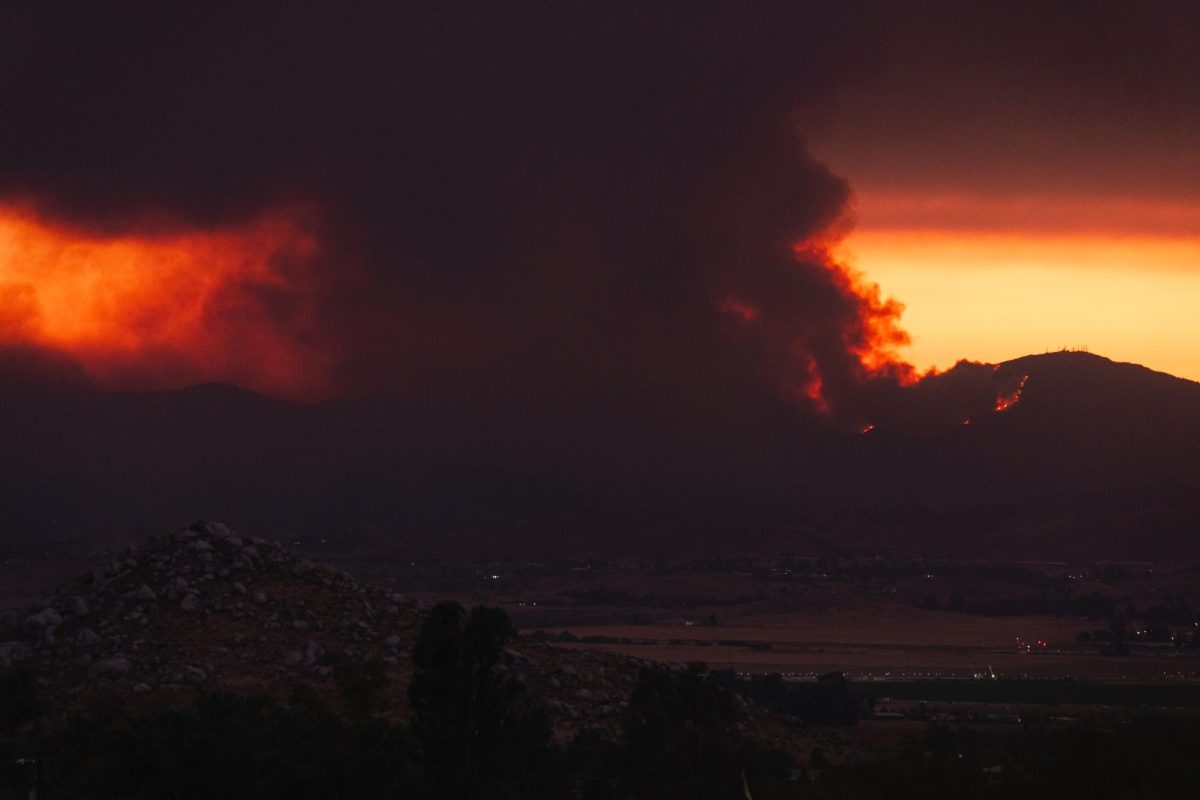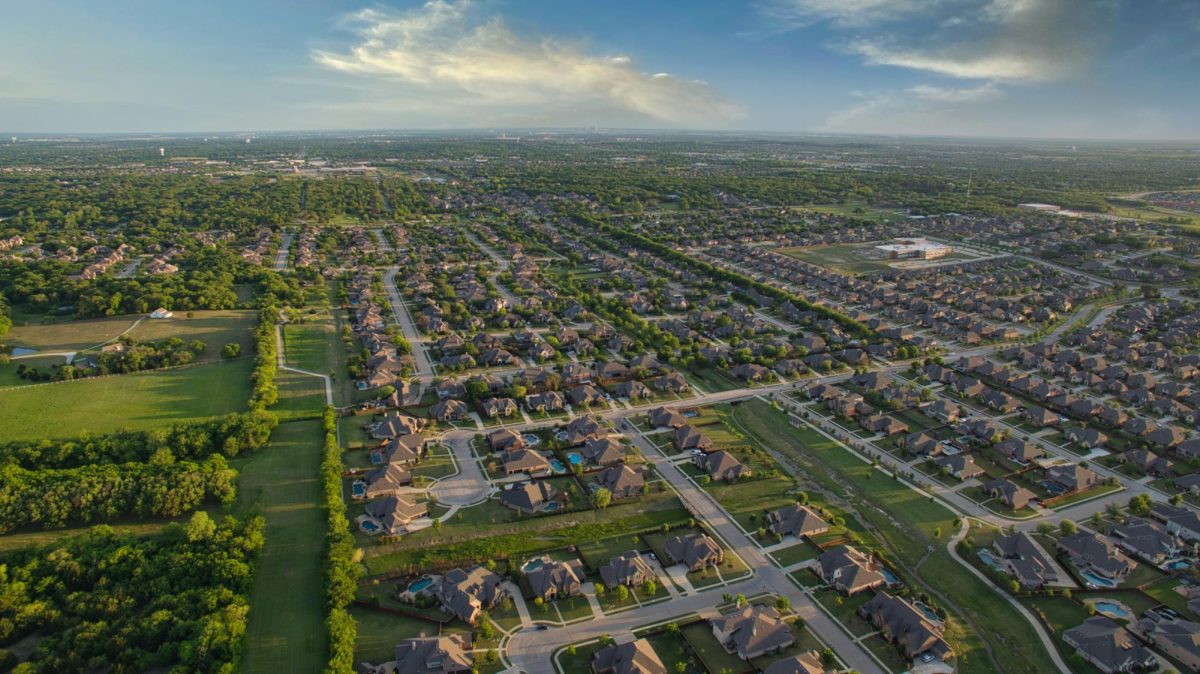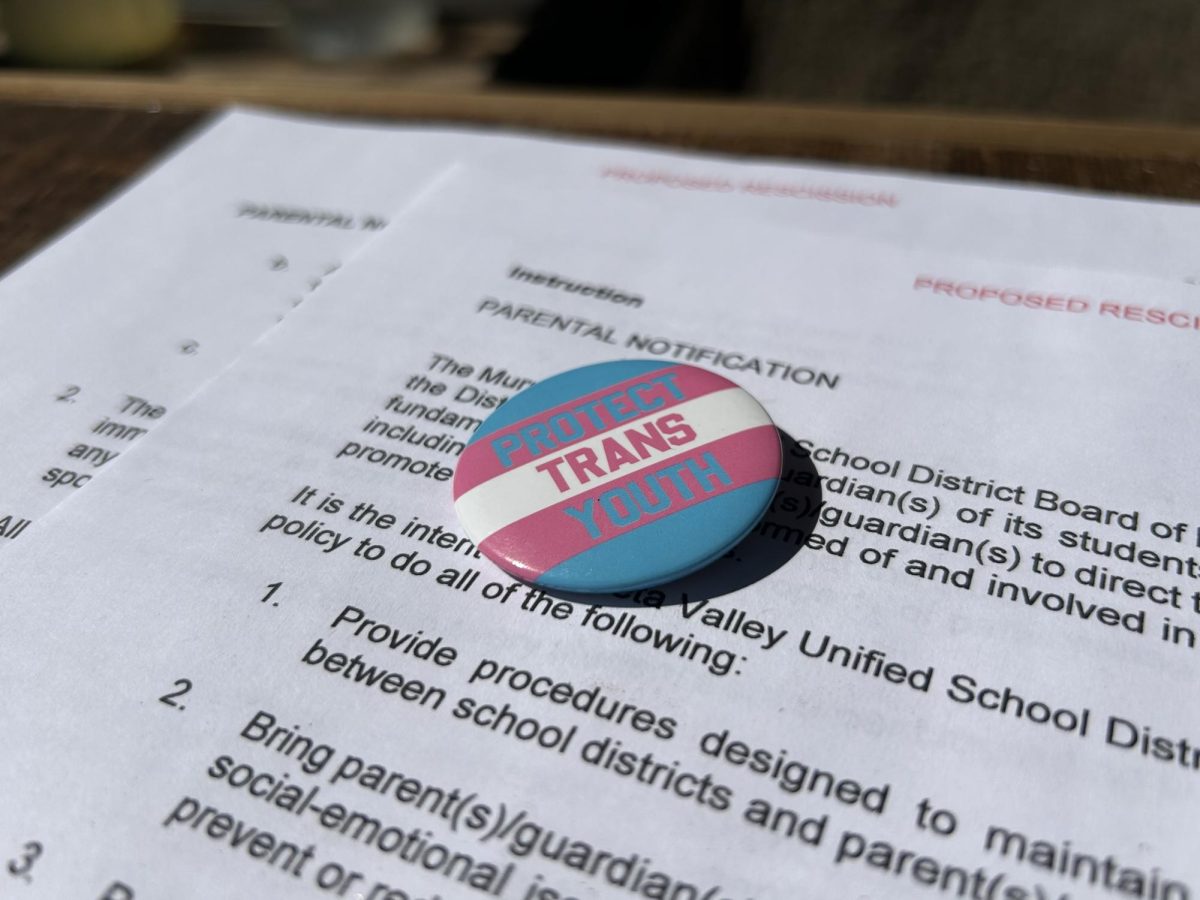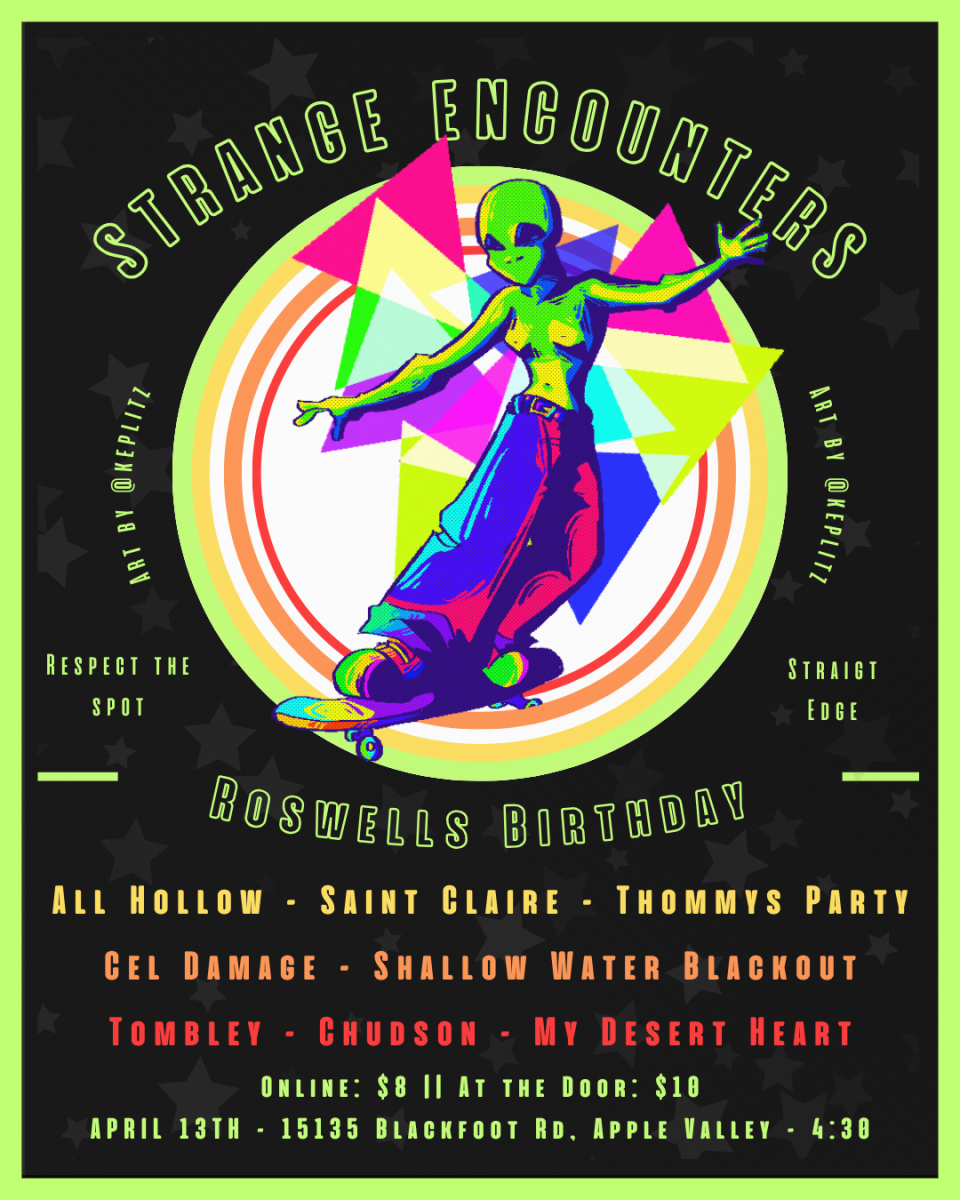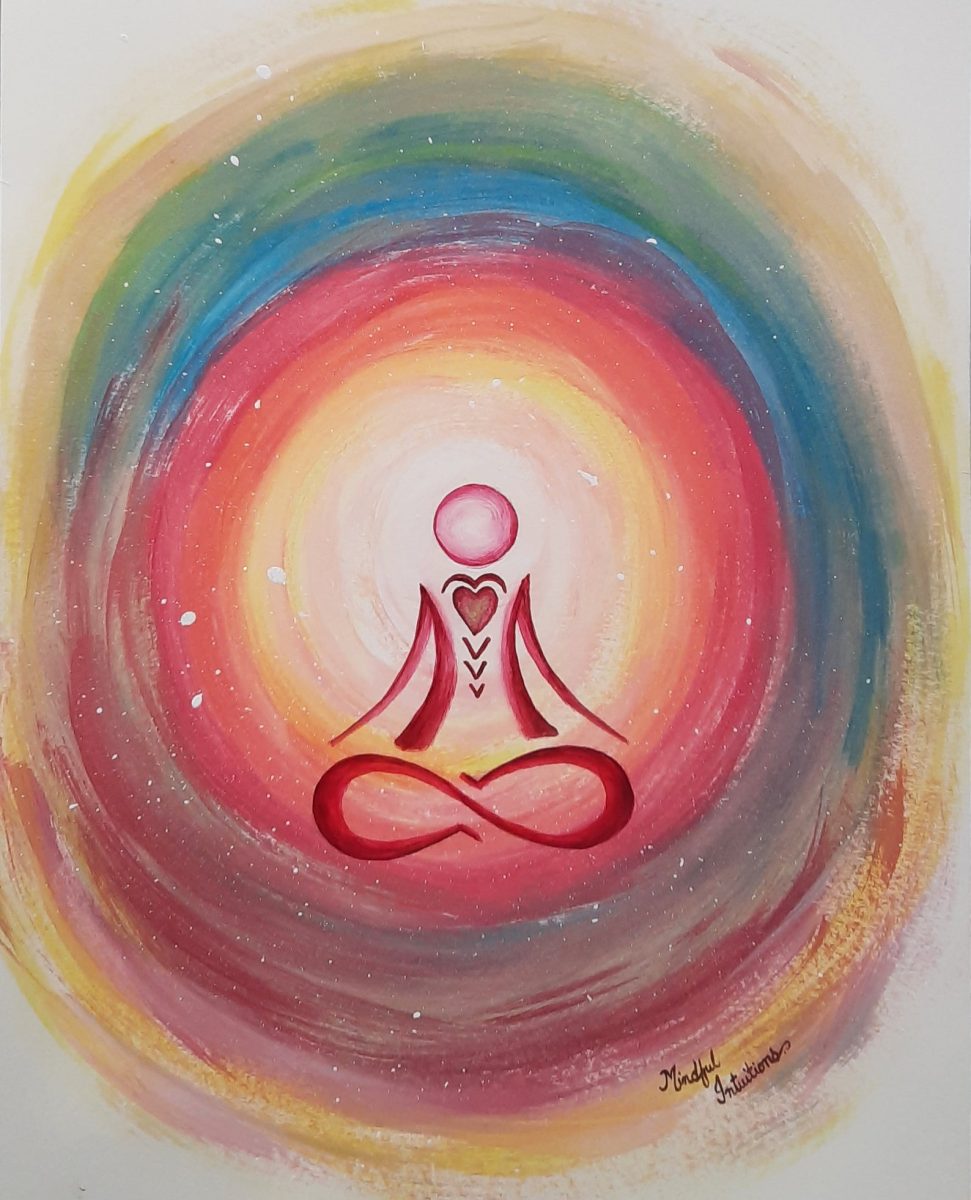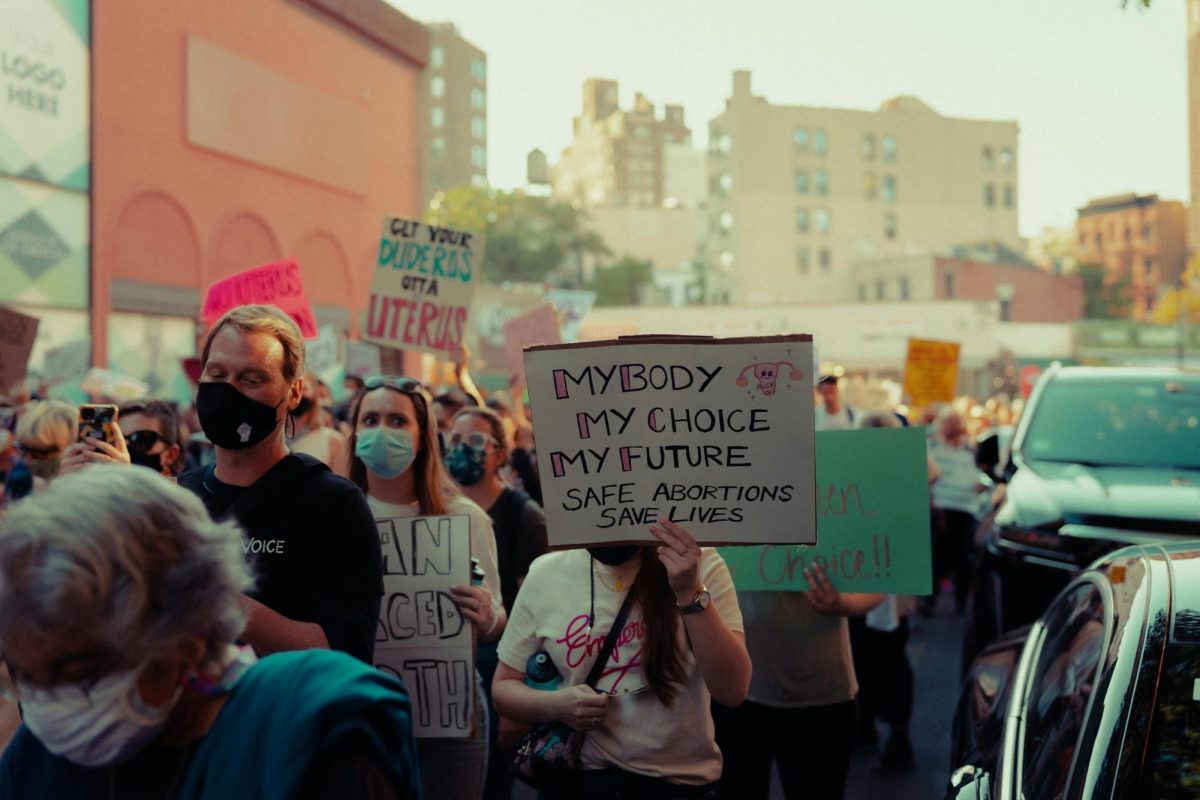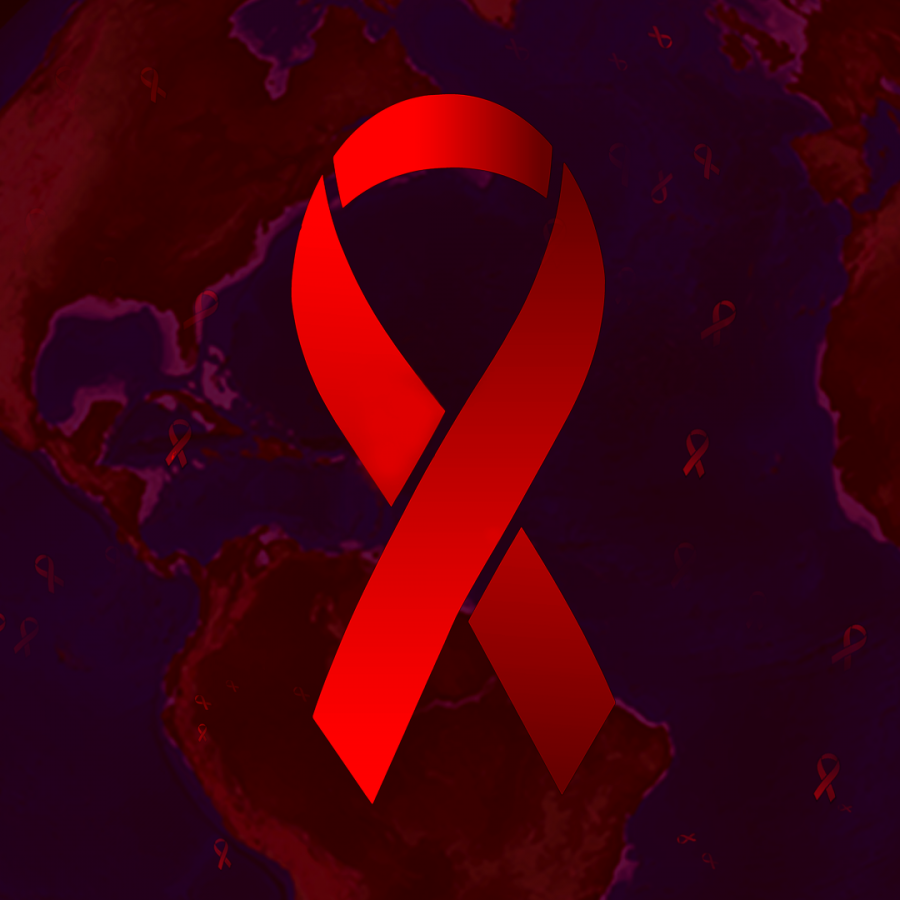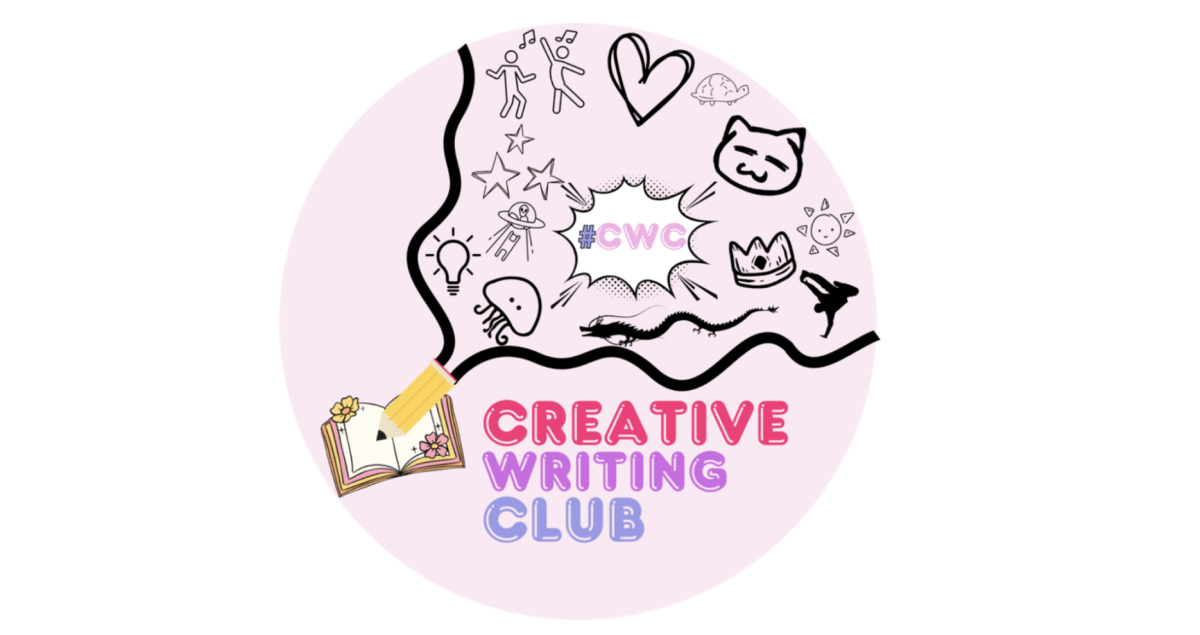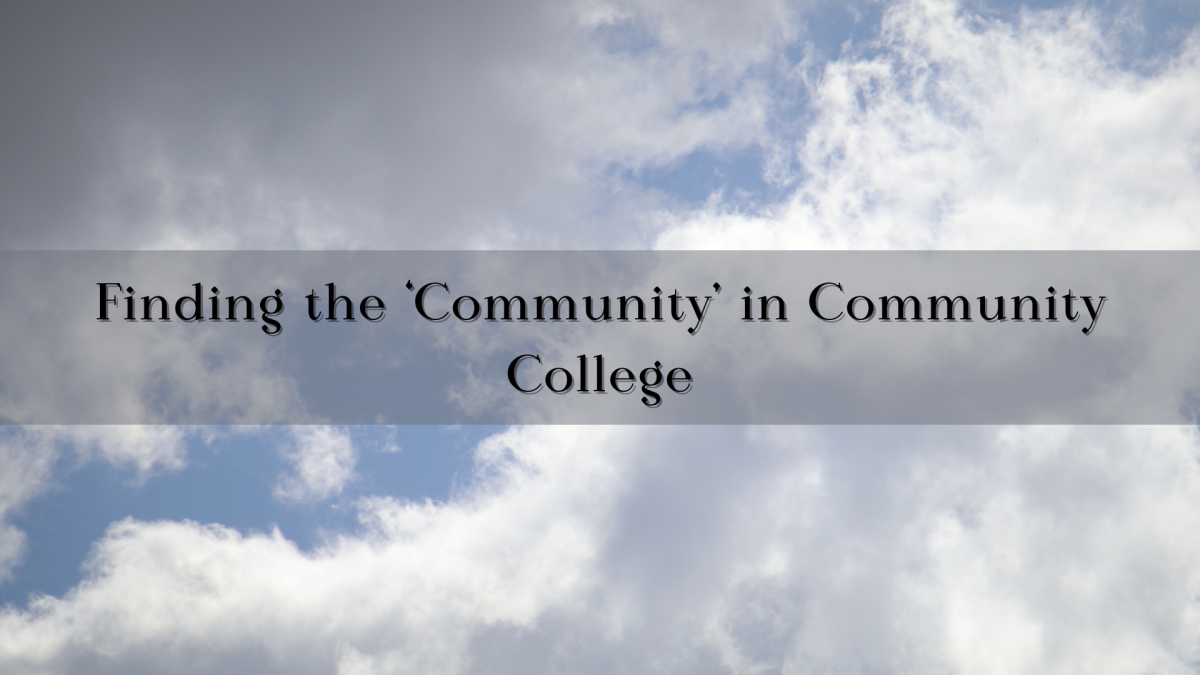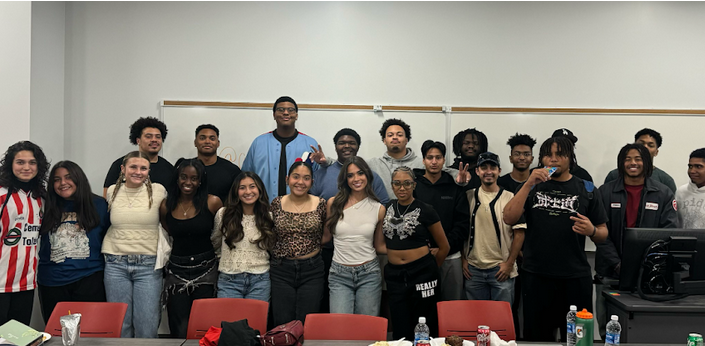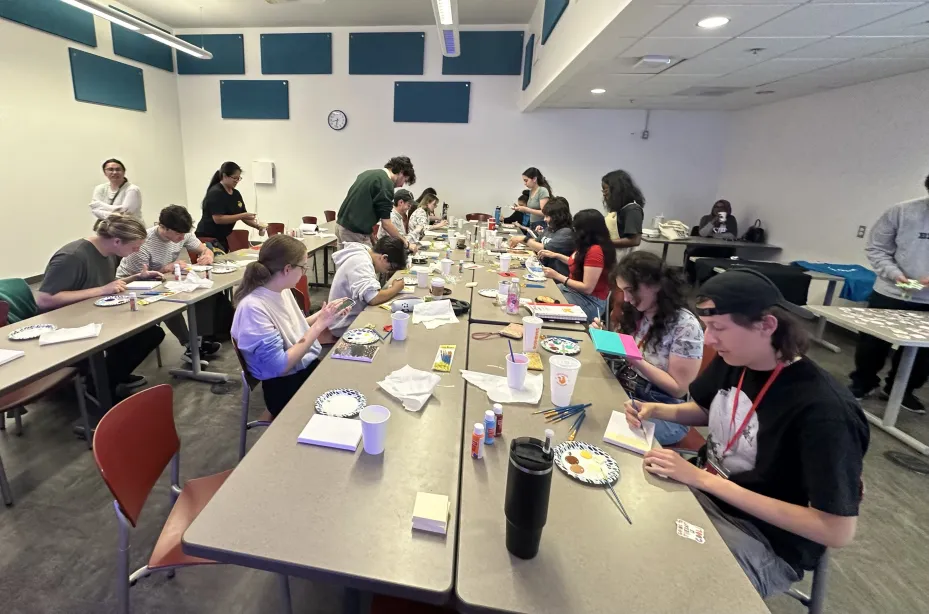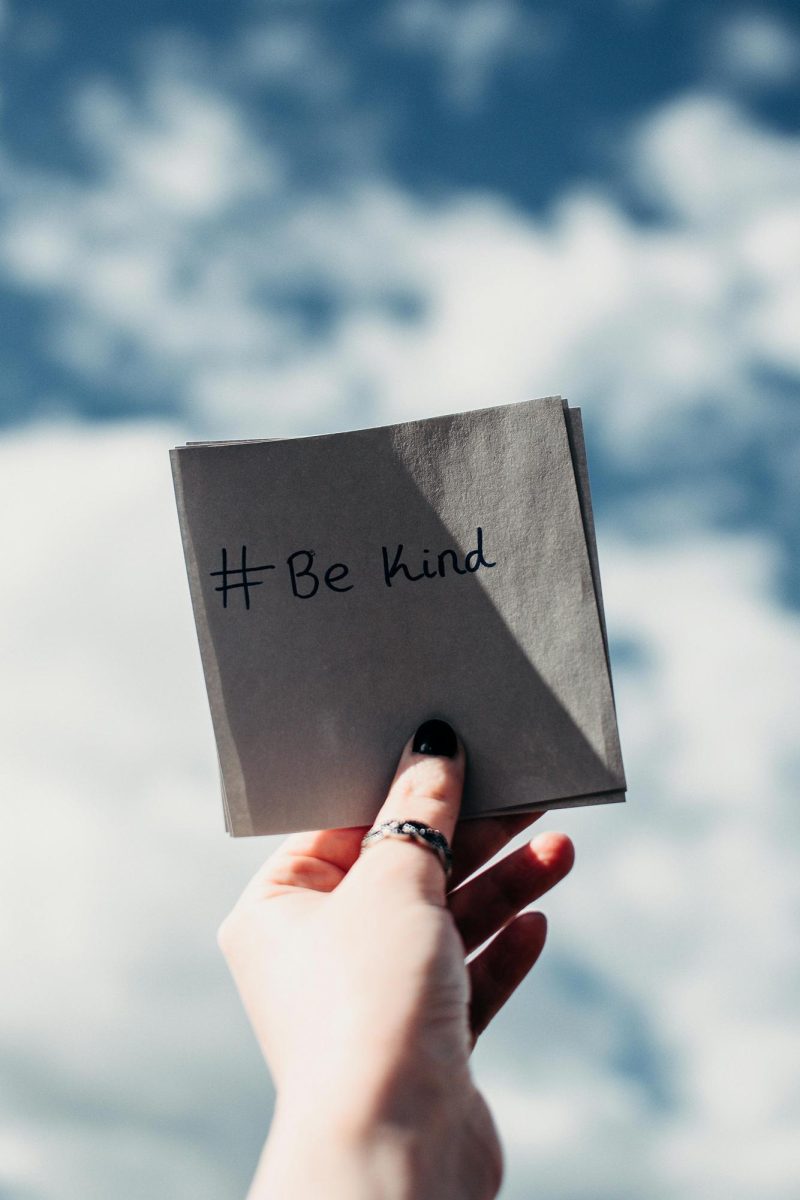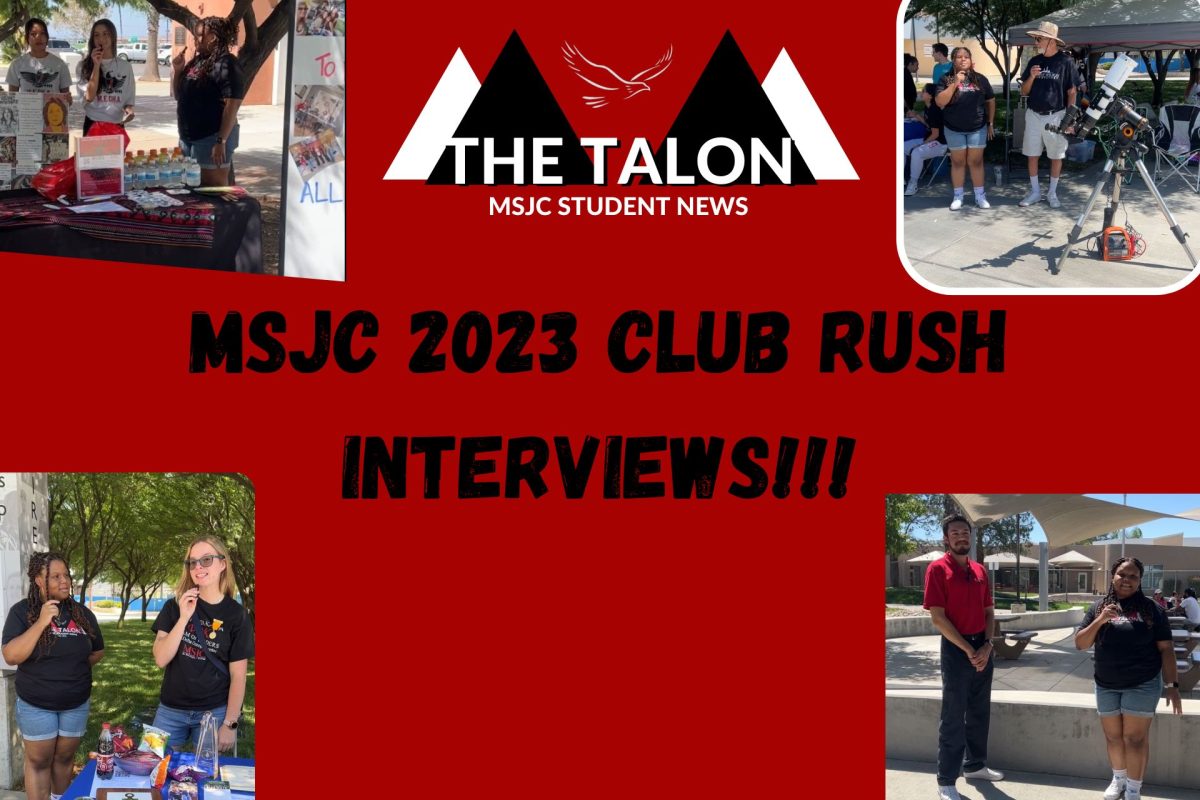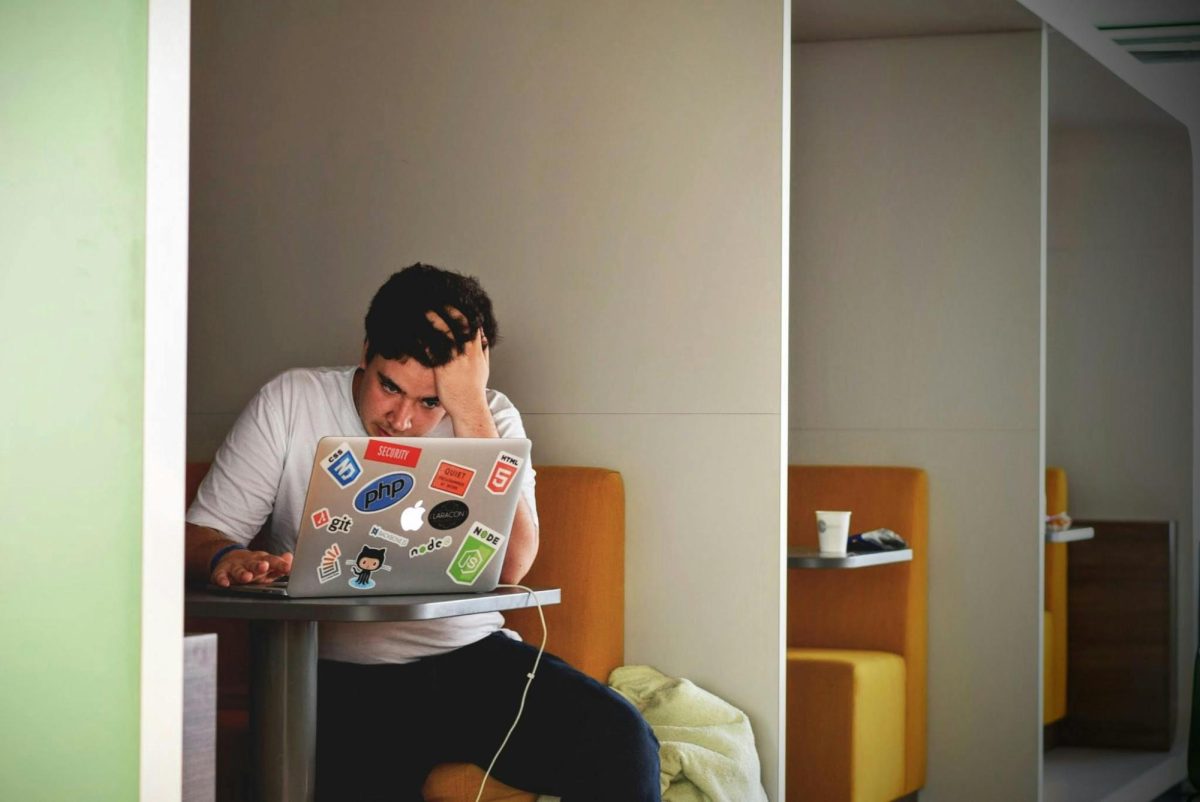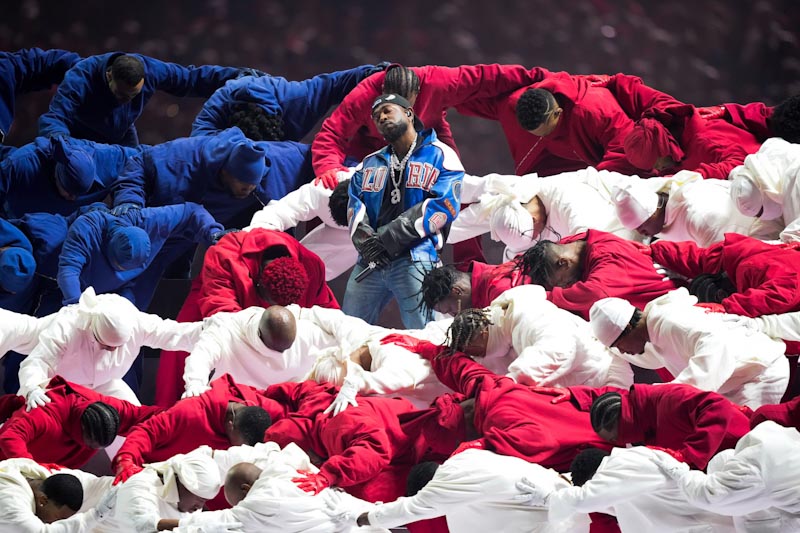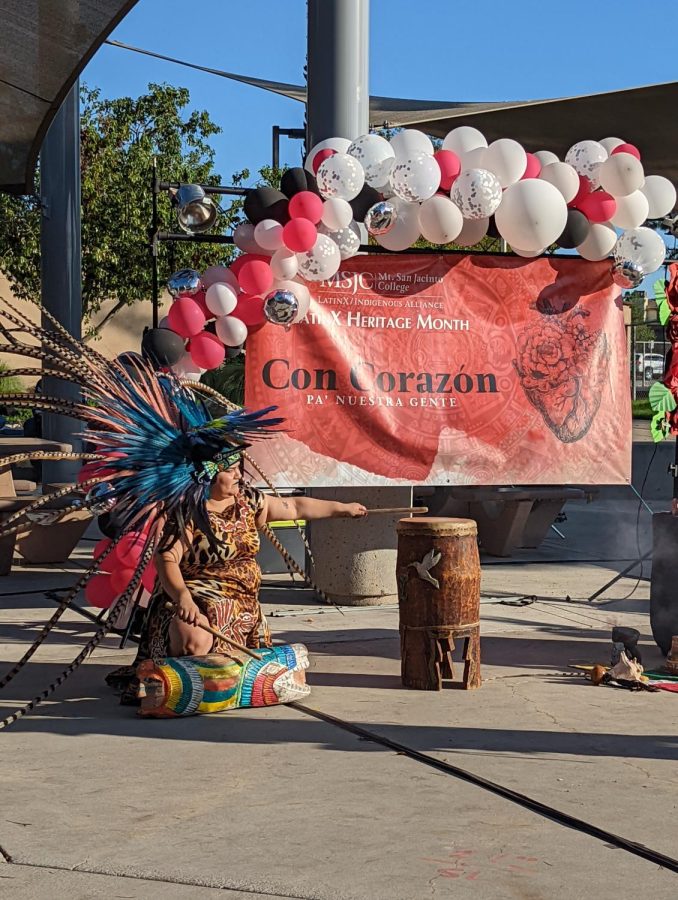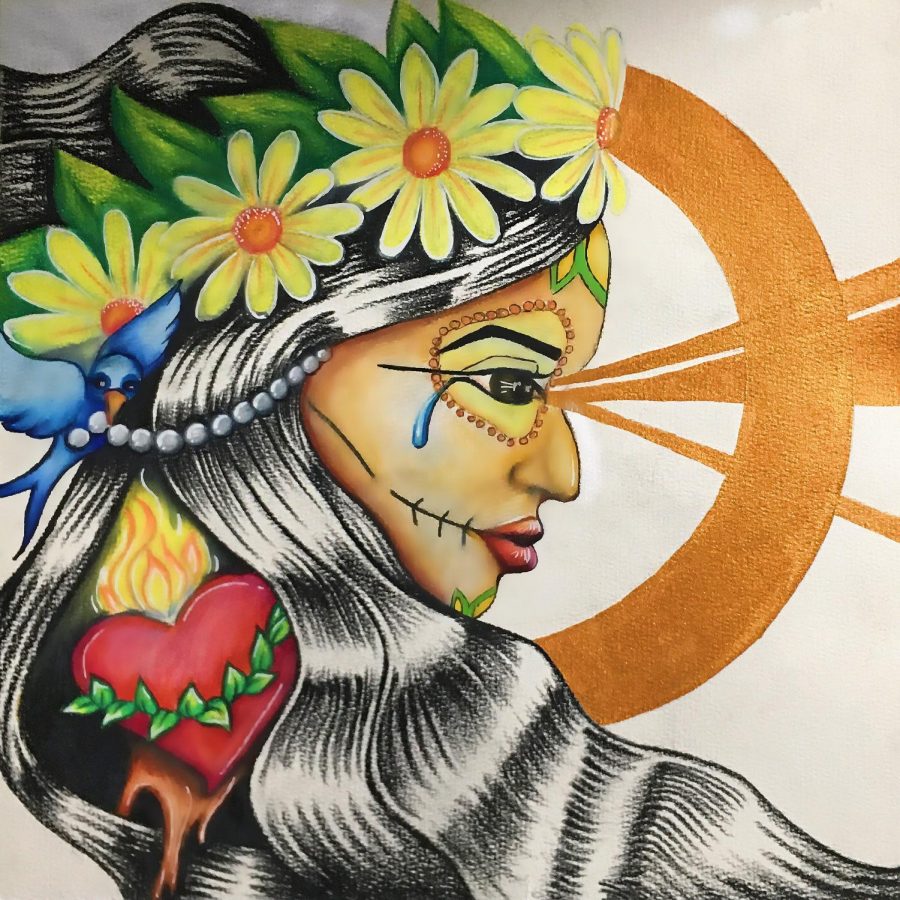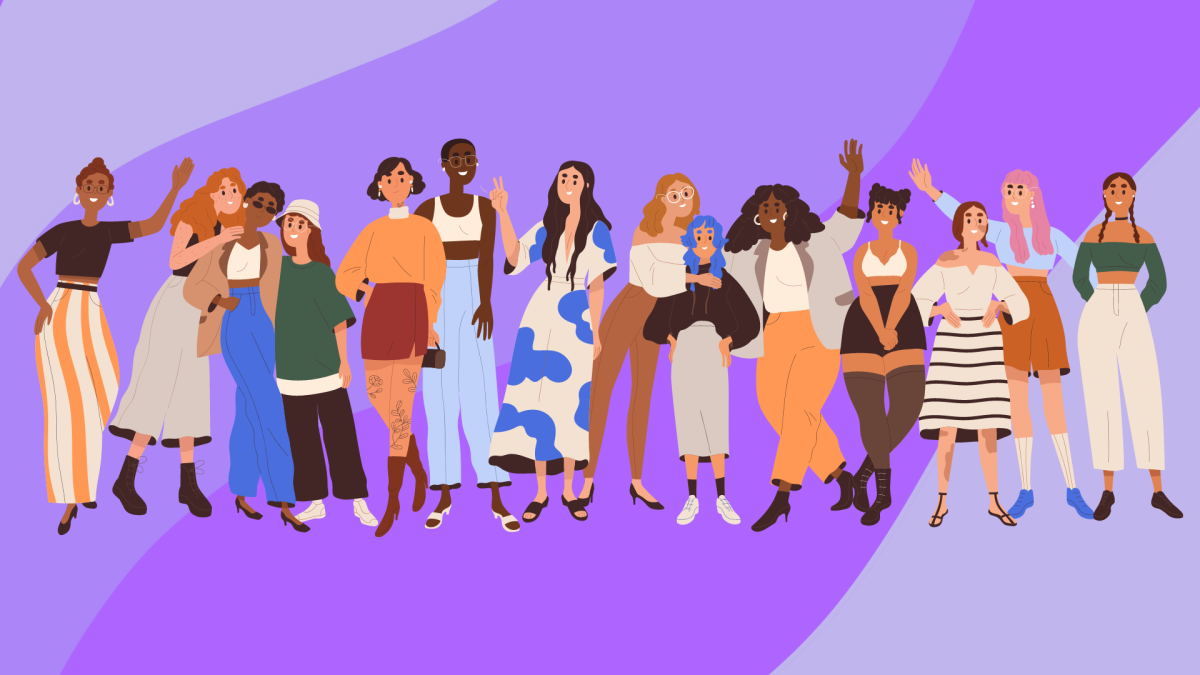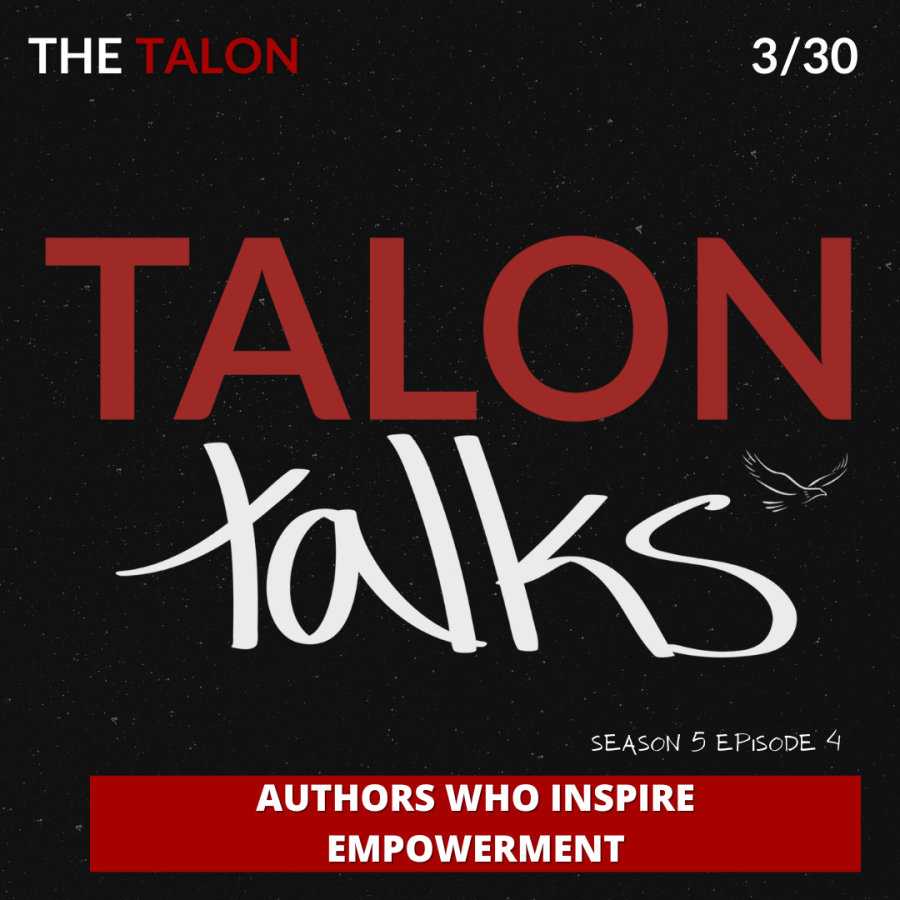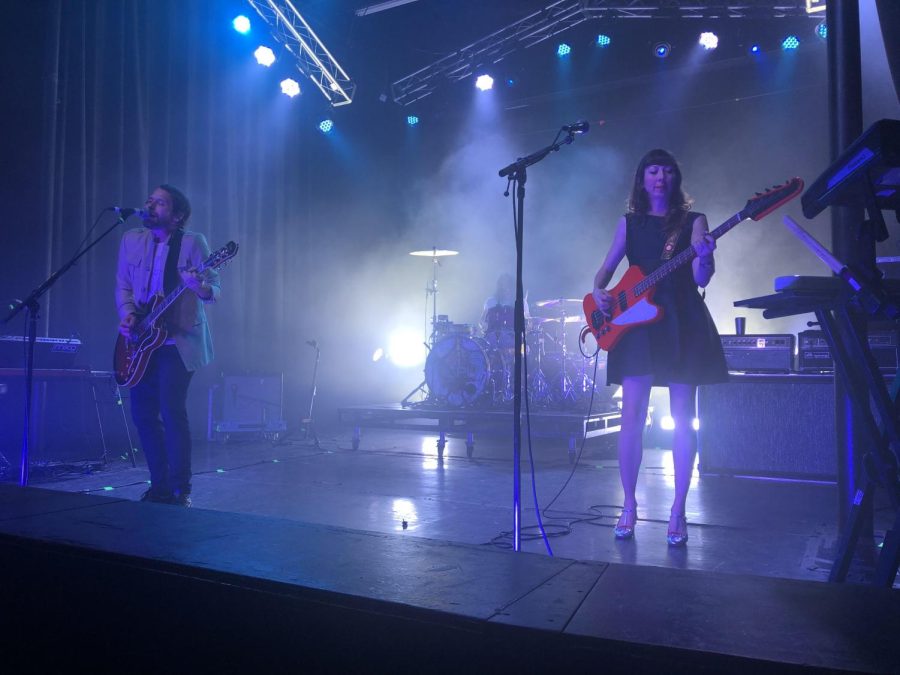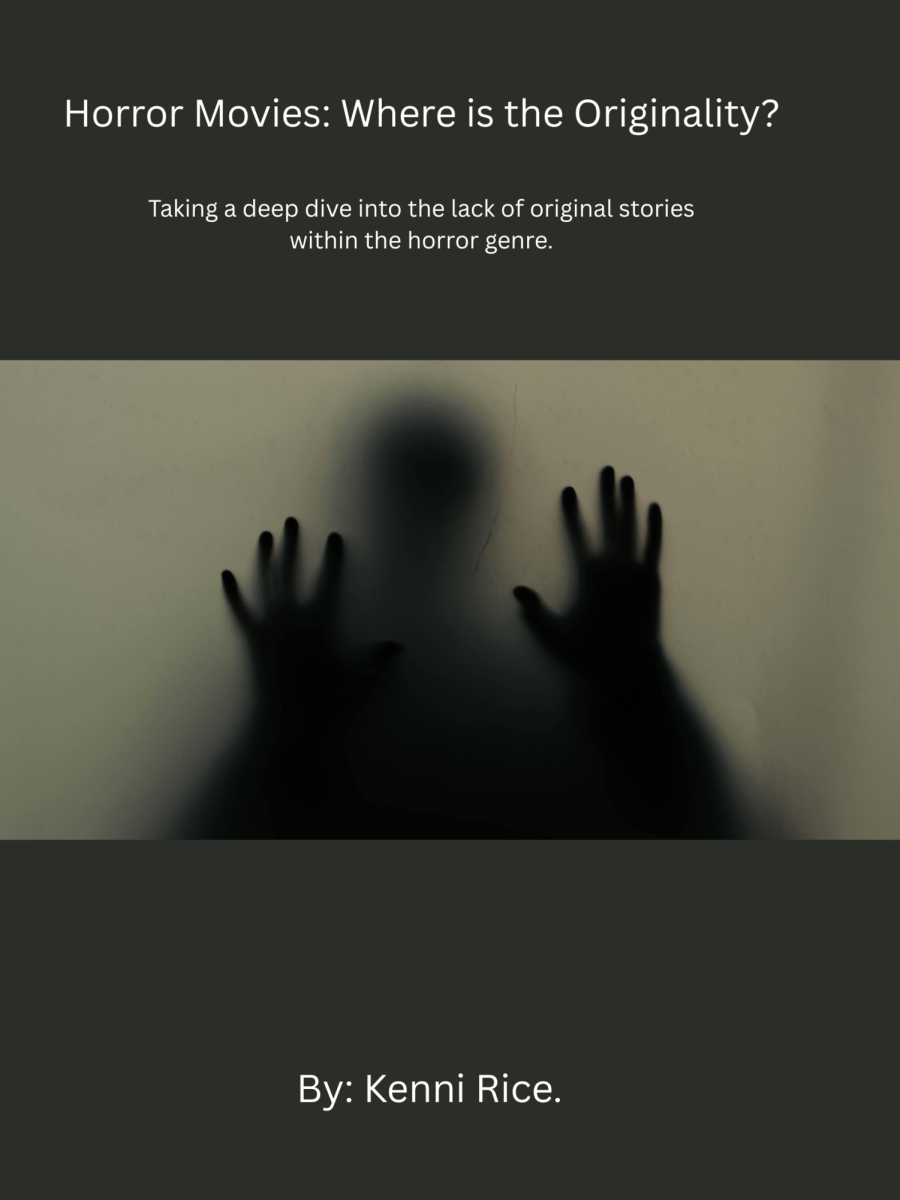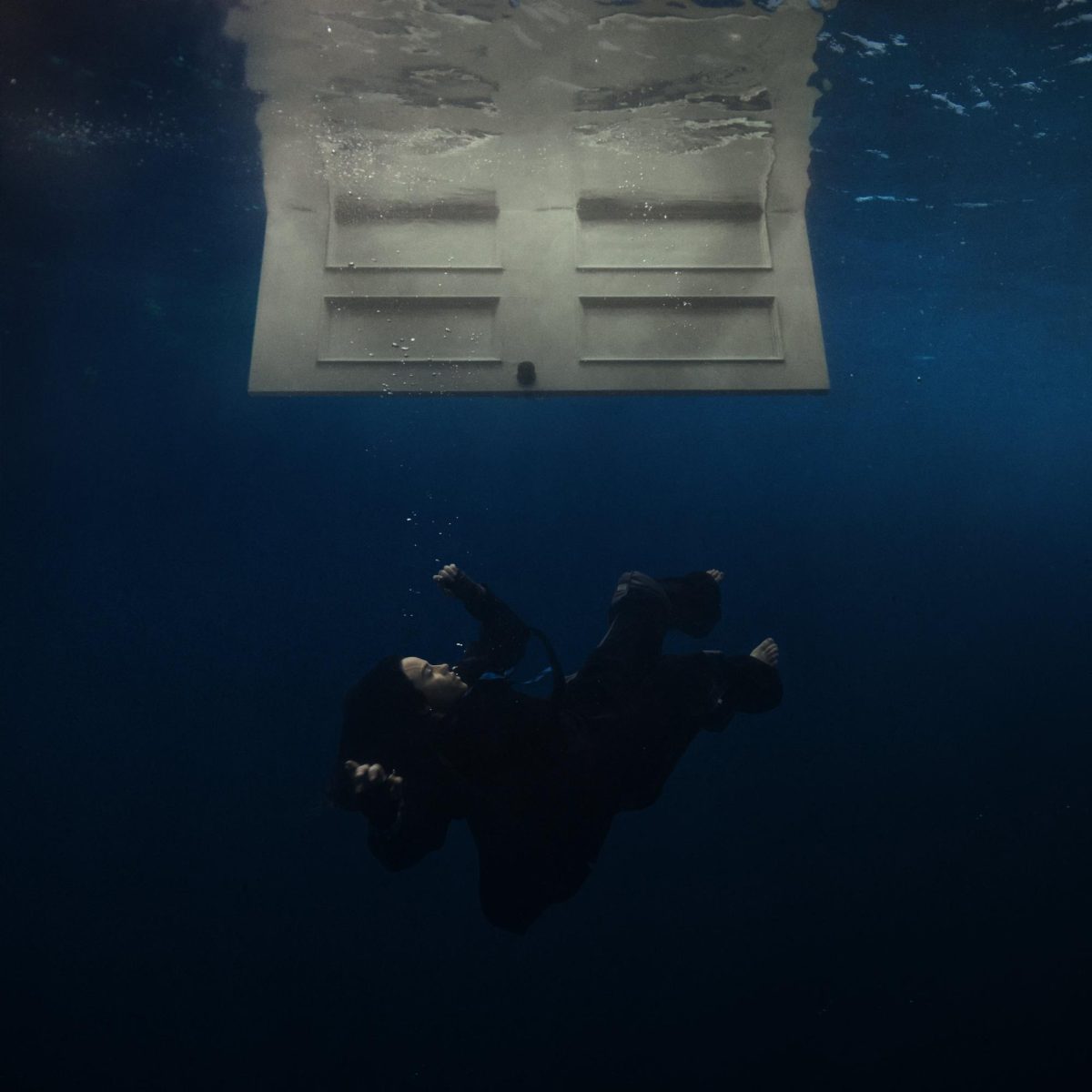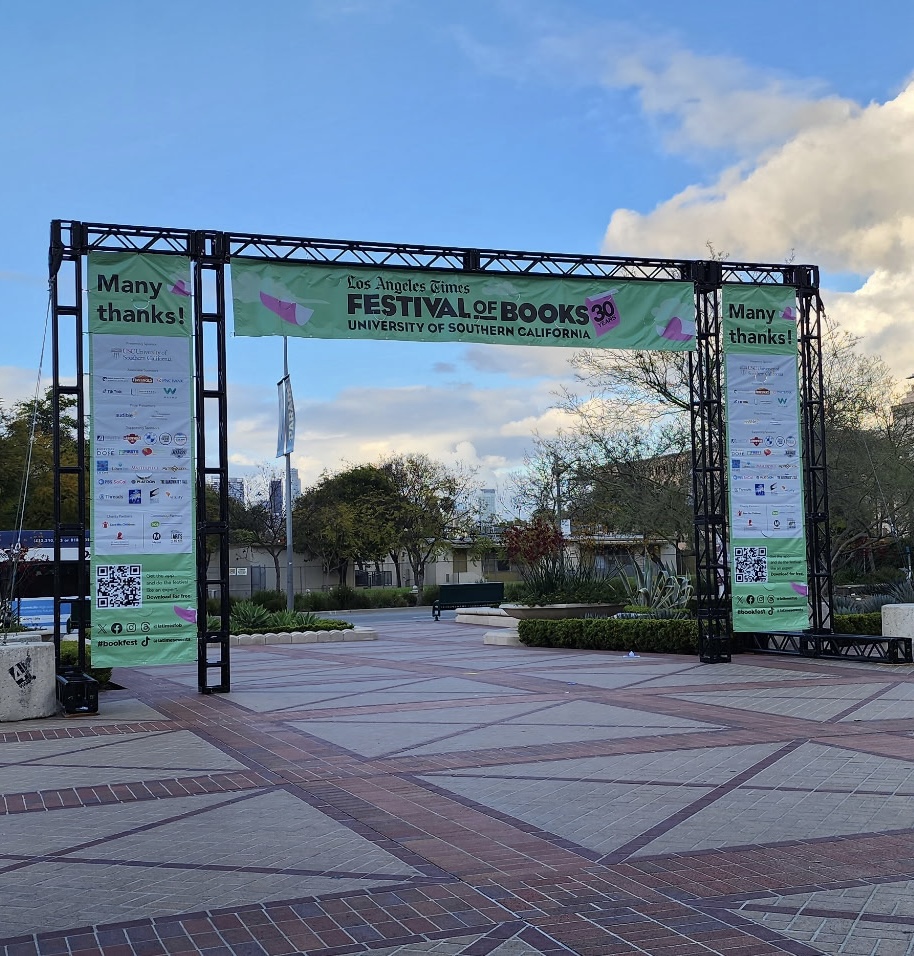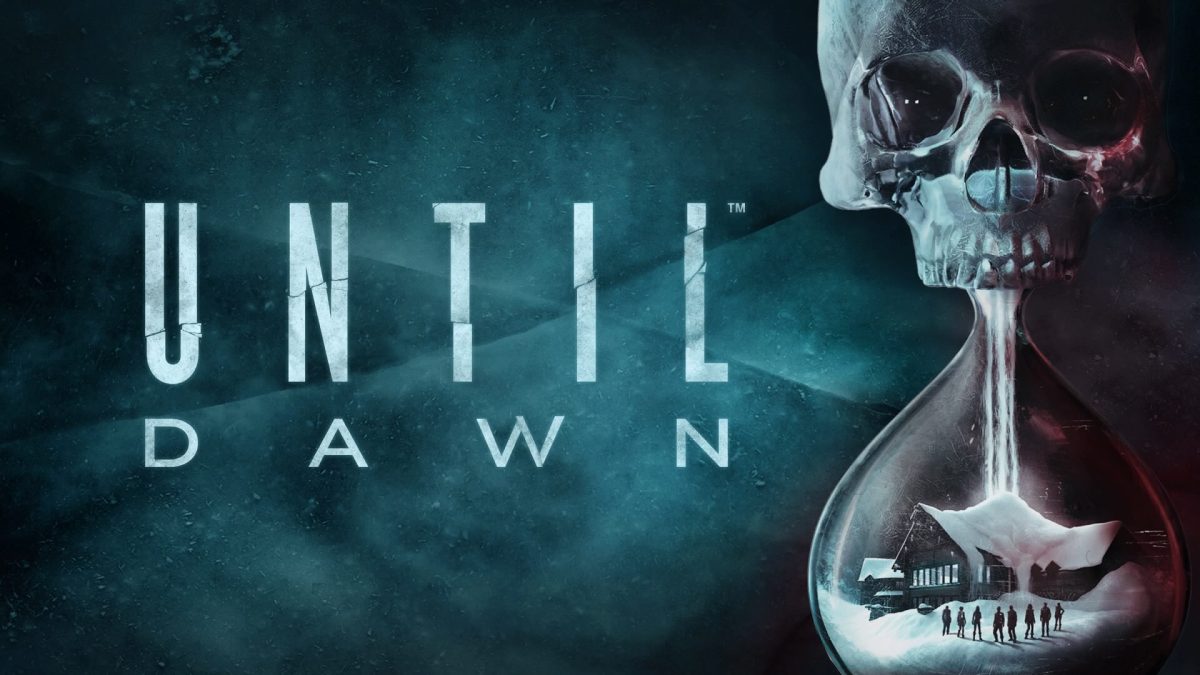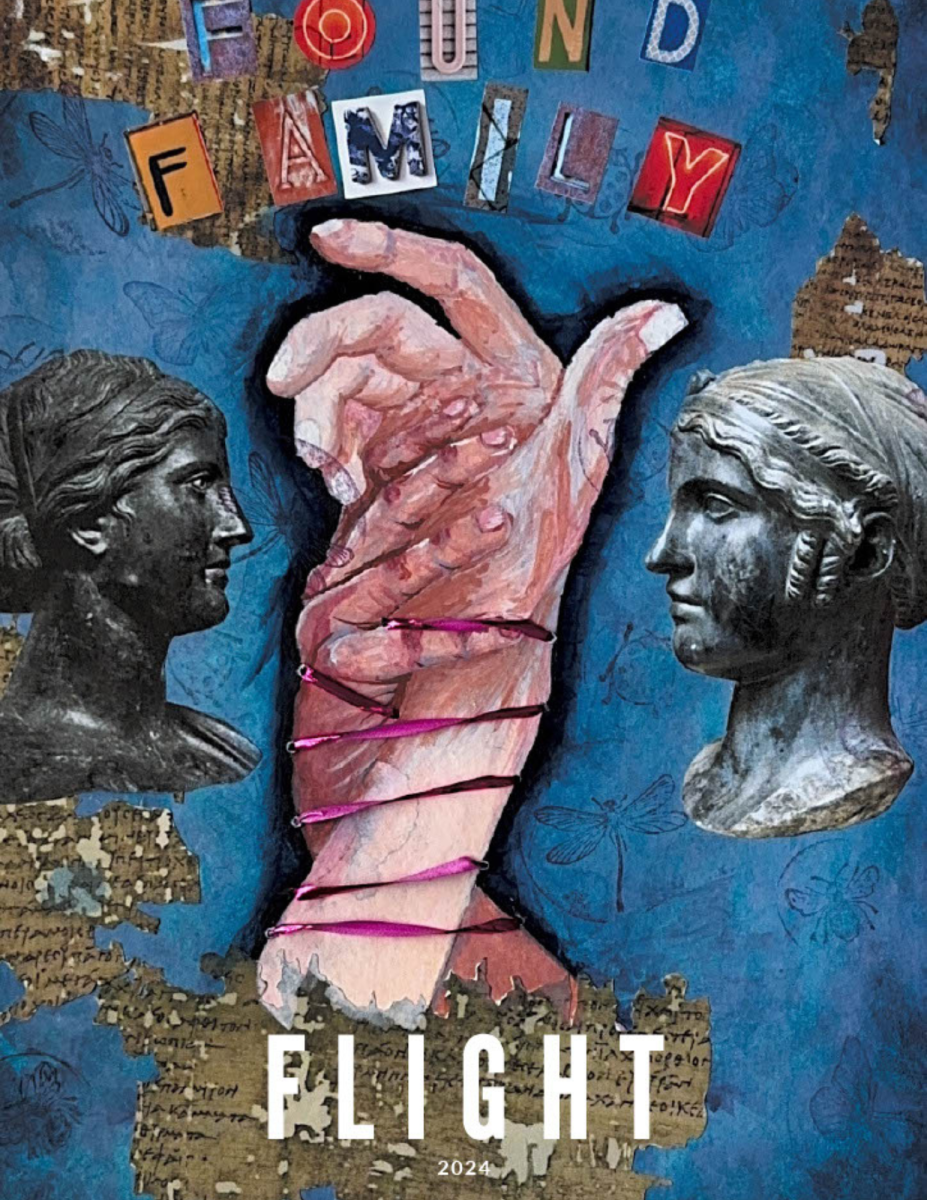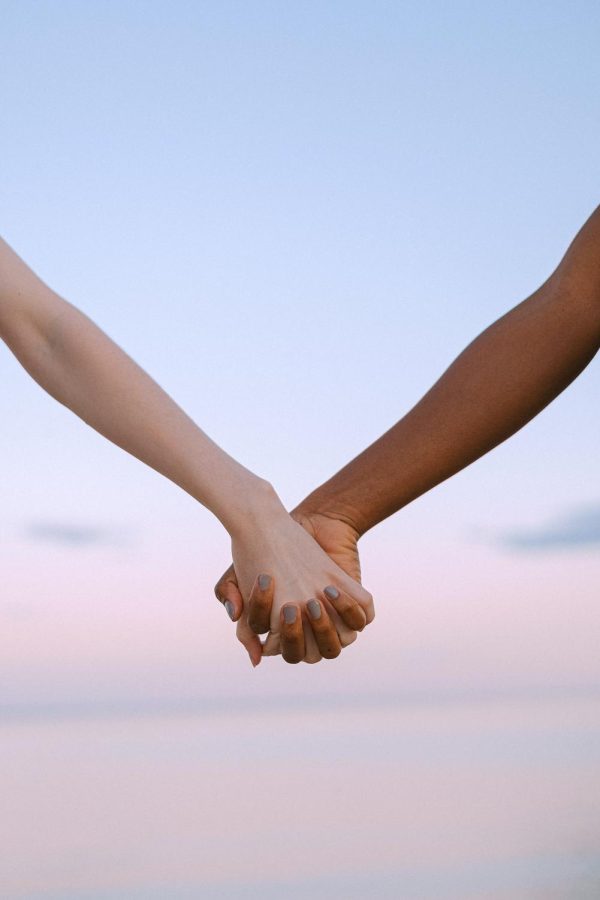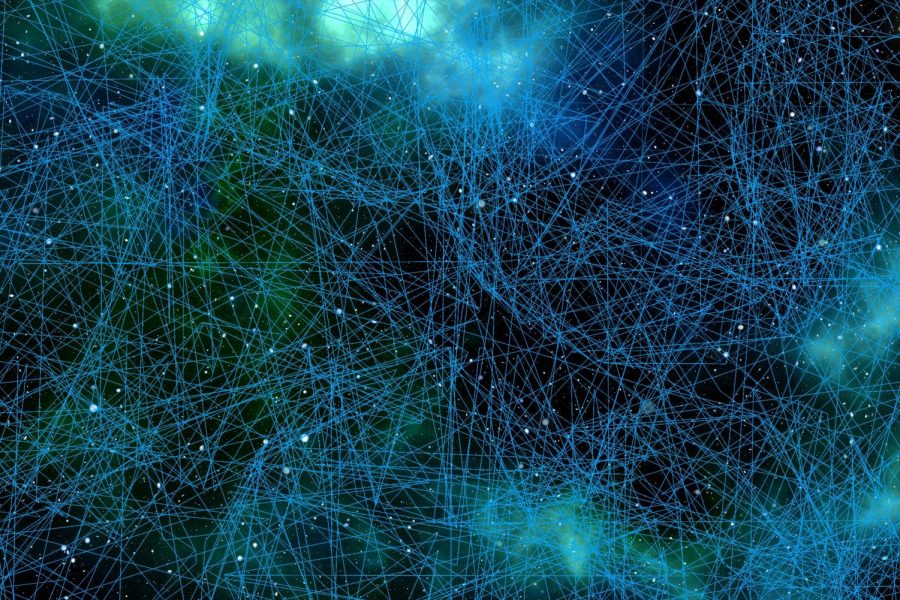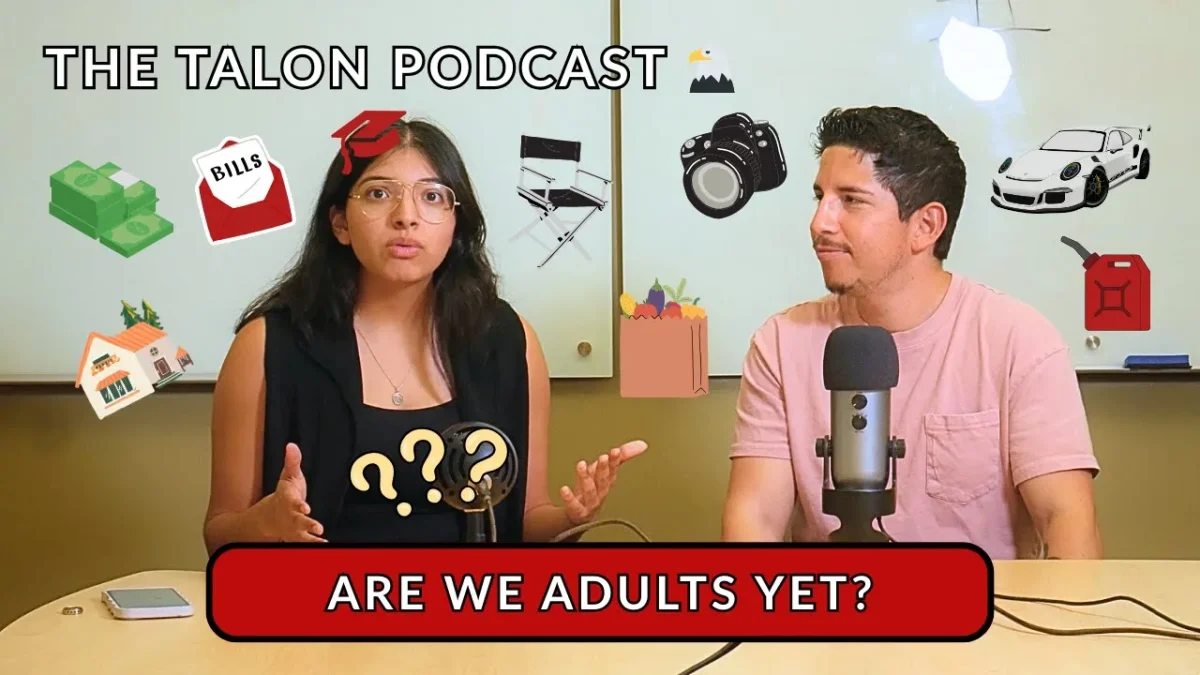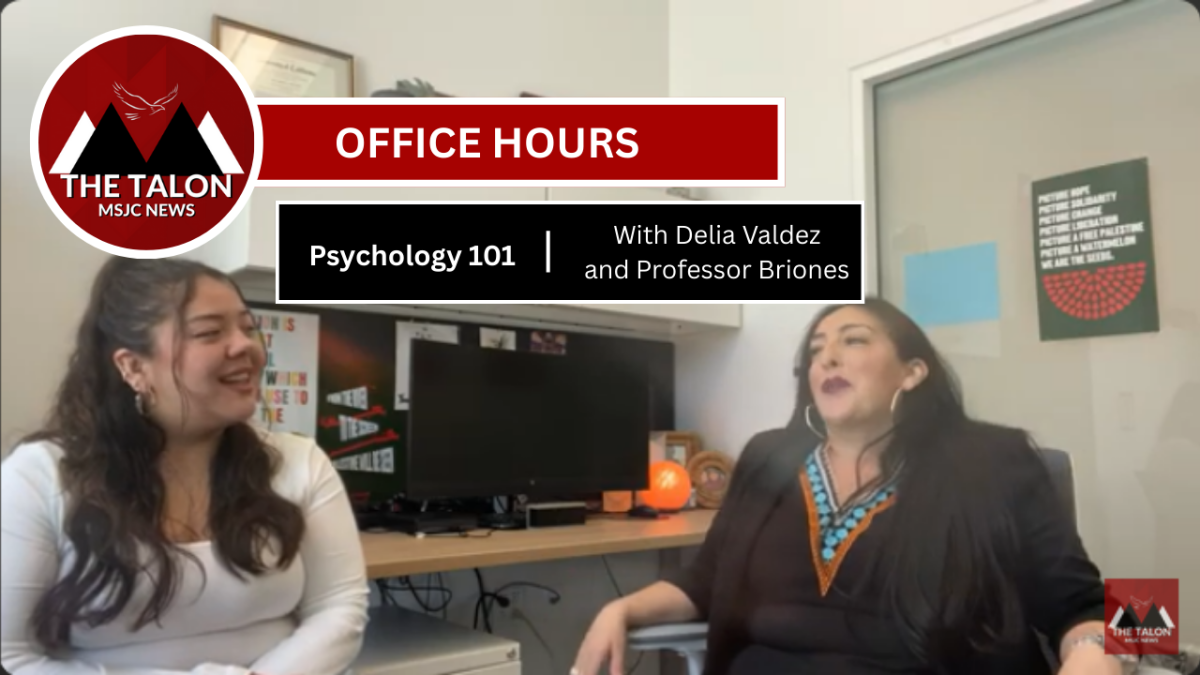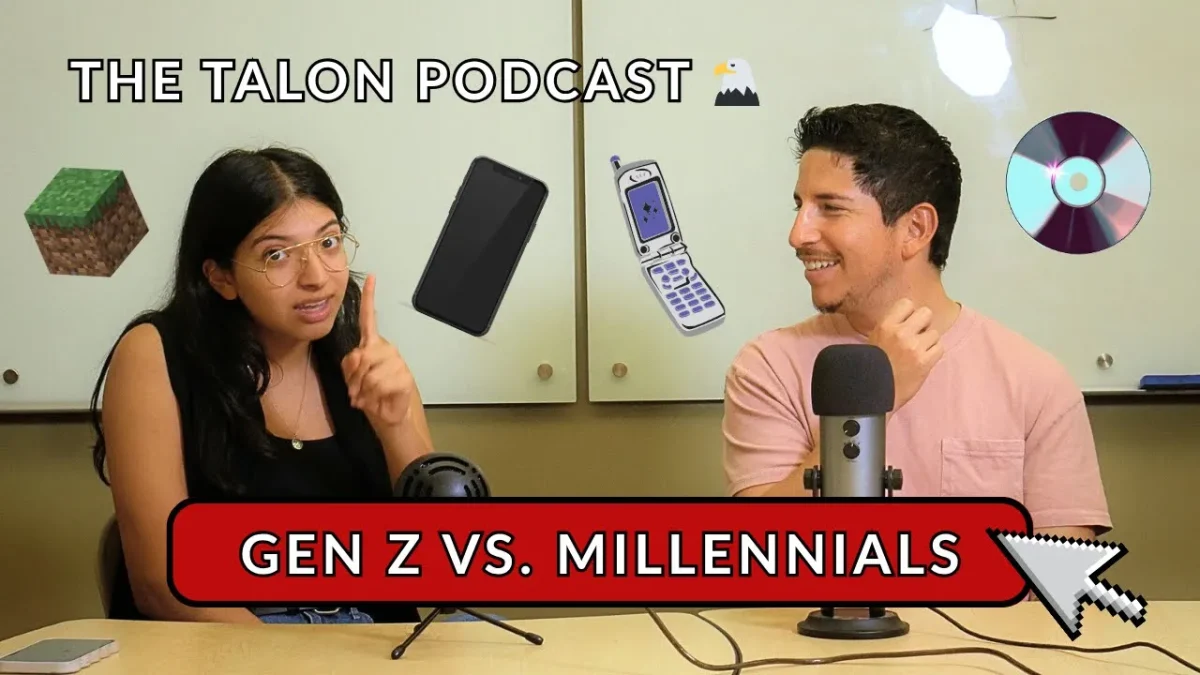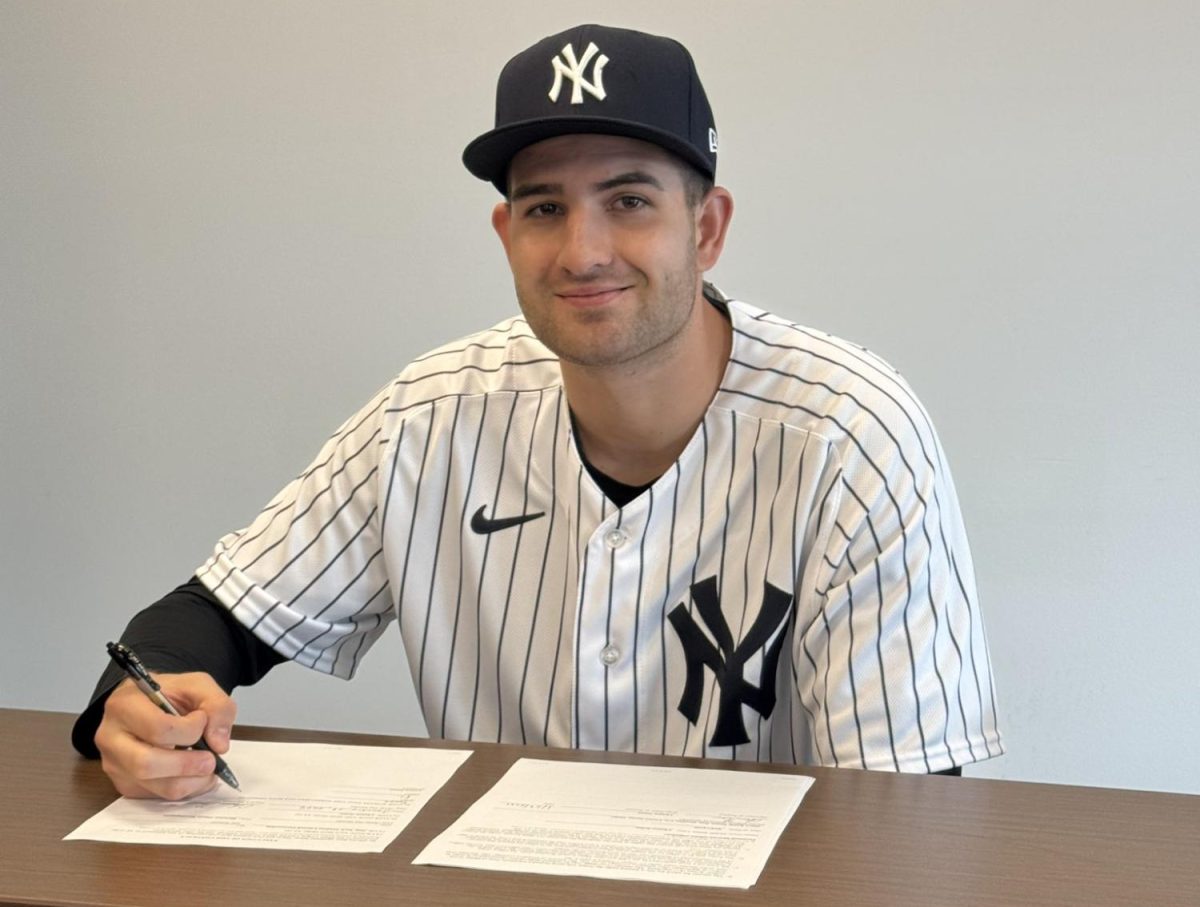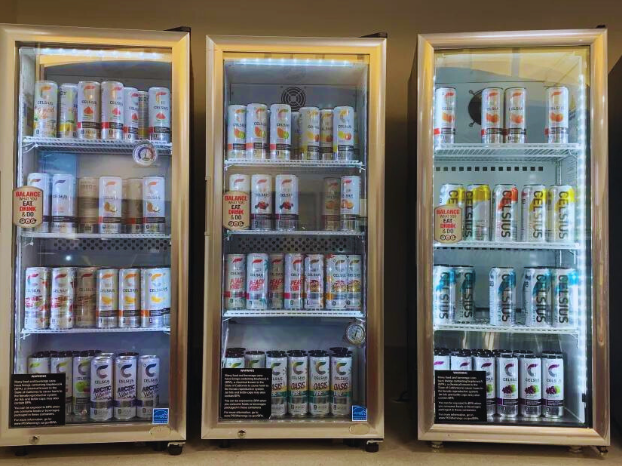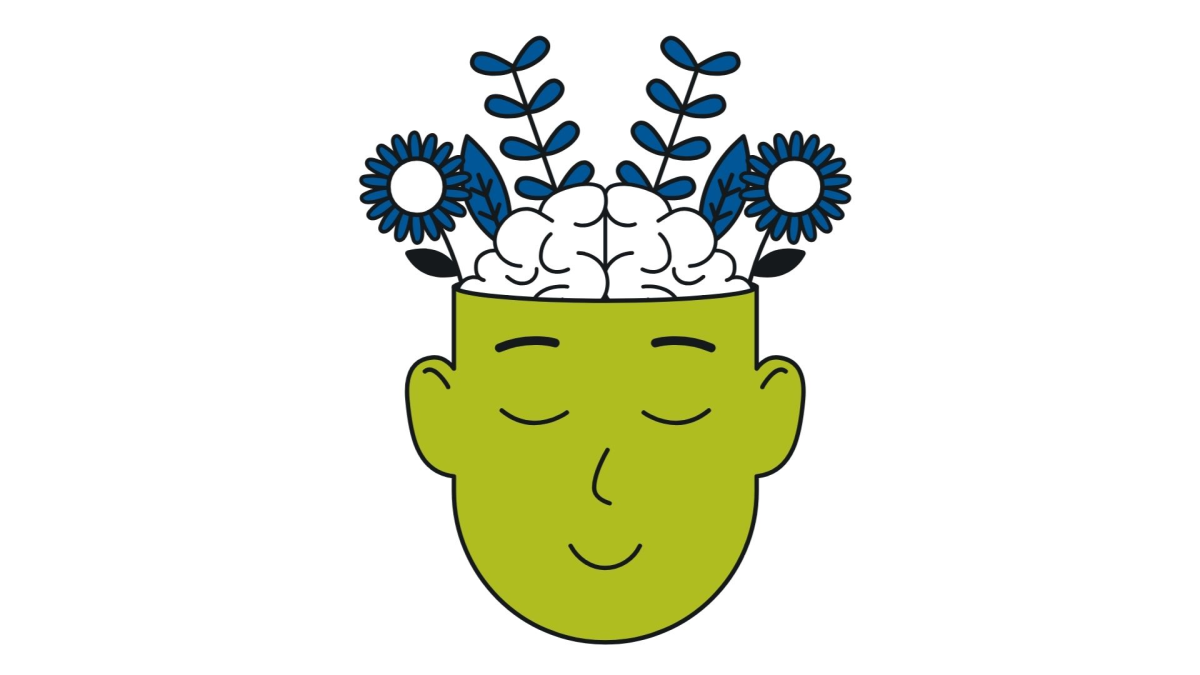Picture this: it’s 2:30 p.m., and you’re in the middle of studying, working your shift, or running errands. You hit the afternoon slump and feel yourself “fizzle out.” Needing something to pick you up until your tasks are completed or just to finish the day, you grab an energy drink. The 170 mg of caffeine works in minutes, and you’re back to firing on all cylinders.
Energy drinks are a prevalent dietary supplement. According to The National Library of Medicine, 30% of young Americans (teens and young adults) consume them regularly. Though they are widely loved and considered a tool, recent studies have revealed that while they provide energy, they also damage consumers’ long-term mental health.
A new study done by scientists at Fuse, the Centre for Translational Research in Public Health, at Newcastle University and Teesside University found that people who consumed energy drinks during their developmental years are shown to have long-term mental health disorders like ADHD (Attention Deficit Hyperactivity Disorder), depression, anxiety, and/or suicidal thoughts.
“The concern with any exogenous substance in children under the age of 21 is that the human brain isn’t done forming until people are about the age of 26”. Psychiatrist Dr. Alex Dimitriu said when interviewed by Fox News.
These cans decorate college campuses across America, with 51% of college students, most of the brain-forming ages of 18-26, confirming they routinely consume these beverages. Statistics from a 2022 report say that 77% of college students face some sort of mental health disorder. Anxiety plagues 35% of students, and 27% suffer from depression. Could these mental health struggles partially be a result of having energy drinks as a regular part of their diet?
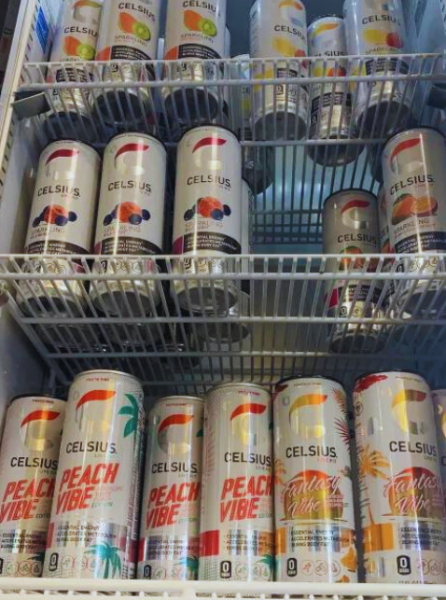
Half of MSJC’s student body is under 25 years old, which means they are still in the brain-forming stage of their lives since the human brain isn’t done forming until a person is about 26. A survey was conducted at one of Mt. San Jacinto College’s (MSJC) campuses to see if the students of MSJC not only drank energy drinks but also faced the mental consequences of them.
45% of participants confirmed they consume them regularly, and a collective of 74% of students consume at least 1 energy drink a month. It’s also worth noting that when asked how many energy drinks are consumed per week the majority answer was 1-3. After going around the chosen campus, it was noted that there were multiple vending machines, all of which had at least four different types of energy drinks. With three-fourths of the participants regularly taking this dietary supplement, according to the research done, the likelihood that they face some tendencies of mental illness is very likely.
In the survey given out, participants were also asked if they felt any of the mental health illnesses associated with taking energy drinks. Despite the participants saying no to having ADHD, 90% said they experience symptoms of anxiety. Similarly, depression also came in at the majority of participants feeling symptoms of depression sometimes or all the time, with the majority answer being yes with 61%.
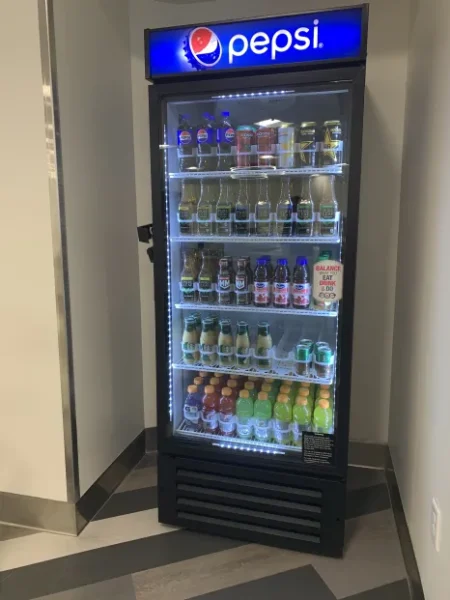
Looking at the results from the survey conducted at MSJC compared to the one conducted at Newcastle University and Teesside University raises the question of whether or not colleges should be allowed to sell energy drinks. When looking at the high amount of people who consume energy drinks at Mt San Jacinto College’s campus it matches up with the amount of students that face depression and anxiety. Could this also be part of the mental health problem, campuses selling their students liquefied drive for them to become hooked and face significant mental consequences? As previously stated, energy drinks are one of the most commonly consumed dietary supplements in America, and 50% of college students have it as a regular part of their diet, but next time a fresh bottle of cold water might be a better option for your overall mental health.



